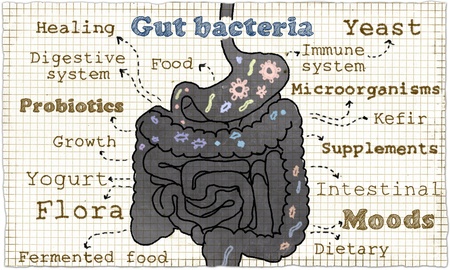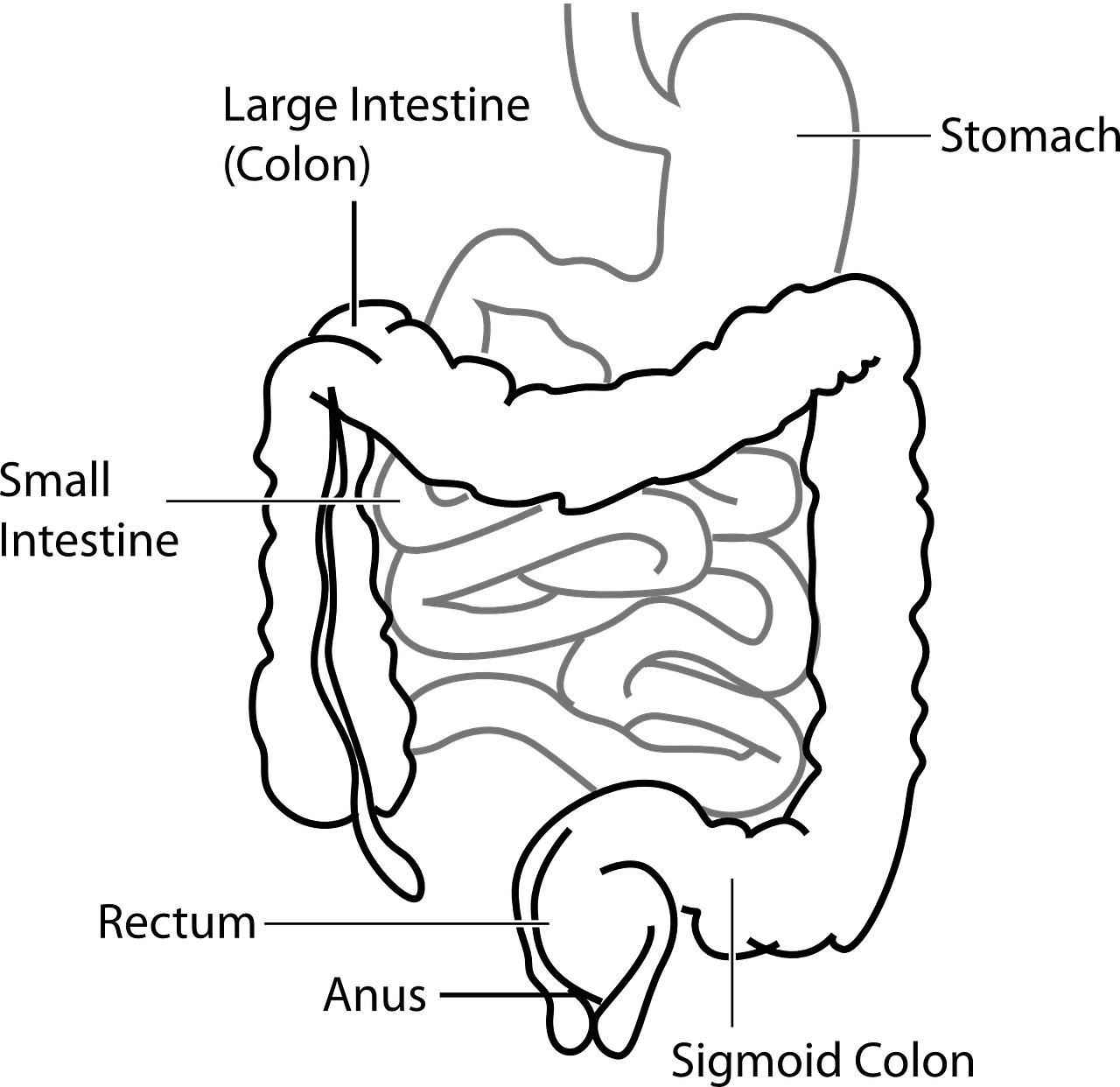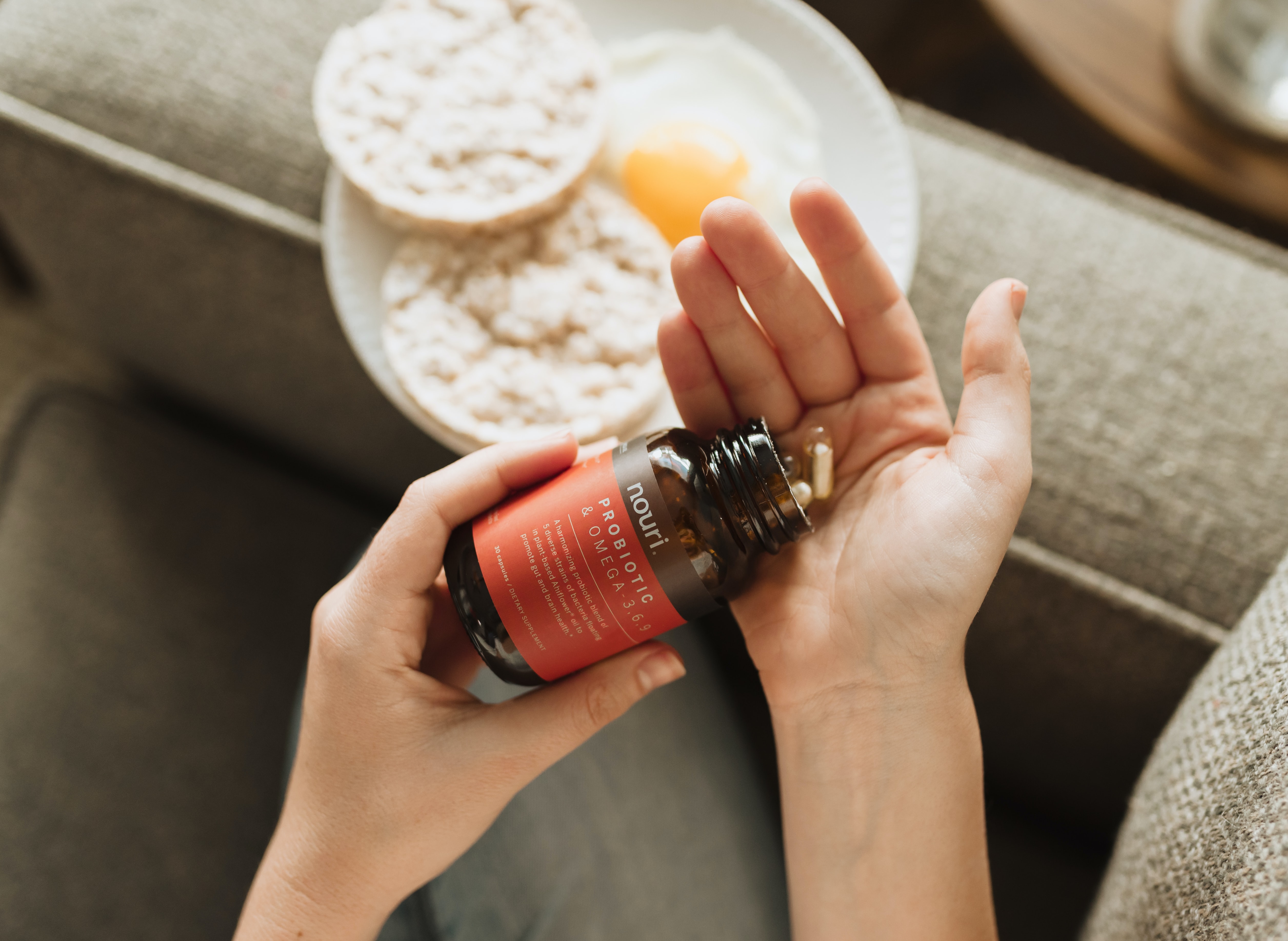Acheiving SIBO Constipation Relief
Do you struggle with digestive issues like constipation? Do you also have a feeling of bloating after eating, belching, passing gas, feeling like a ball is stuck in your throat, difficult to swallow, sore throat, fatigue and other chronic health issues? If yes these symptoms may be related to SIBO. SIBO stands for Small Intestine Bacterial Overgrowth and is thought to be the underlying cause for many health issues, including IBS. This article explores the connections between SIBO and chronic health issues. There are two types of SIBO, one that causes constipation and one that causes diarrhea. Achieving relief for SIBO constipation is usually a little more difficult than relief for SIBO diarrhea. We will discuss SIBO constipation relief but first a little more details on what it is.
While it is indeed normal to have small amounts of bacteria in the small intestines, overgrowth leads to all kinds of issues. The problem with SIBO is  not the bacteria themselves but all the things that the bacteria do to the intestines and the body. Typically the bacteria that cause SIBO are the good bacteria from the colon like E. coli and other good commensal microbes. The problem is that there are too many of them.
not the bacteria themselves but all the things that the bacteria do to the intestines and the body. Typically the bacteria that cause SIBO are the good bacteria from the colon like E. coli and other good commensal microbes. The problem is that there are too many of them.
One of the hallmarks of SIBO is the gas that the microbes produce through fermentation. There are two types of gases produced that correspond to the microbes present. Those with SIBO could have methane gas producing microbes or hydrogen gas producing microbes. The methane tend to cause constipation and the hydrogen diarrhea. Some people have a mixture of both.
SIBO Constipation Clinical Picture
The symptoms that each person has with SIBO constipation vary from person to person, but there are some underlying themes that are common. This article give a nice overview of SIBO constipation and a case study. Like any health issues we can think of SIBO constipation like a spectrum of severity. The more methane fixing microbes present the worse the symptoms will be. Since the microbes cause the fermentation and the methane gas causes most of the overt symptoms, like constipation and bloating. These are the most obvious SIBO constipation clinical findings but the symptoms could have a wide spectrum of severity. You may have one bowel movement every other day or in more severe cases you may have one bowel movement every other week.
Other symptoms for SIBO constipation could include, nausea, vomiting, fatigue, stomach ache after meals which could be sharp, pressure, or acid reflux (heartburn). In severe situations, people with SIBO may have weight loss, anemia or other malabsorption issues.
What Causes SIBO Constipation
Small Intestine Bacterial Overgrowth has many causes and there is not a separate cause for methane and hydrogen SIBO. One cause is thought to be related to not having enough stomach acid. Stomach acids prevent harmful bacteria from settling in the upper digestive tract. They can act as a disinfectant and also helps to digest food leaving less for the microbes to consume. As you might imagine, taking acid blocking drugs like prilosec, nexium, and omeprazole can increase your risk of developing SIBO. These drugs may help give relief from heartburn but the side effects are an altered microboime and digestive process in general.
Other medications and environmental factors can also contribute to developing SIBO. For instance consuming lots of antibiotics can create an excess of one type of microbes in the small intestine and allow it to expand. Some foods also have that has antibiotics in them which would contribute to the same. Opiate based medications decrease the colonic transit time giving the microbes more access to the undigested food for longer. High levels of stress can also change transit time and secretion of stomach acids causing a predisposition to SIBO. It is thought that opiates and stress both affect the migrating motor complex, which is responsible for sweeping out the small intestines. There is not a single cause for SIBO but a group of likely culprits. The above mentioned are high on the list.
SIBO Constipation Relief
The standard medical approach for SIBO constipation relief is to use medications to wipe out the overgrowth of bacteria in the small intestines. Many of our patients have discovered that this only produces limited results. Initially, the patient’s recovery quickly, but their symptoms come back with revenge in a few weeks or months. When this occurs the doctor may encourage them to go back on medications again. The problem with this strategy is that the medications eliminate both the good bacteria and bad bacteria in the microbiome. For lasting relief from SIBO constipation we recommend multiple phases of treatment and preventative strategies.
Before starting antibiotic/antimicrobial treatments it is important to be sure that SIBO is the cause. You can find more specific SIBO warning signs here. SIFO (Small Intestine Fungal Overgrowth) may also be present as a lot of the people suffering from SIBO will also have fungus over growing at the same time. In other cases there can be other overgrowth of pathogenic microbes that you are not aware of. The Traditional medicinal strategy is a type that fights any harmful bacteria with strong antibiotics. This short sighted solution may work for some but many will have the symptoms creep back and may be worse off.
Once SIBO is diagnosed some additional things to consider as preventative are stress management or treatment, stomach acid, digestive enzymes, and microbiome/probiotic support. Be careful with probiotics though as these can sometimes make your digestion worse. Diet is also very important and I recommend to following a low FODMAP, Paleo, or modified low FODMAP. Your ability to consume high FODMAP foods will vary from person to person and should improve as your microbiome and digestion improves. Deciding if you need help activating your migrating motor complex is also key. However, like any health issue, each person may present differently and need more support in certain areas than others. A qualified SIBO doctor can help you establish which preventative strategies are most important for you.



















